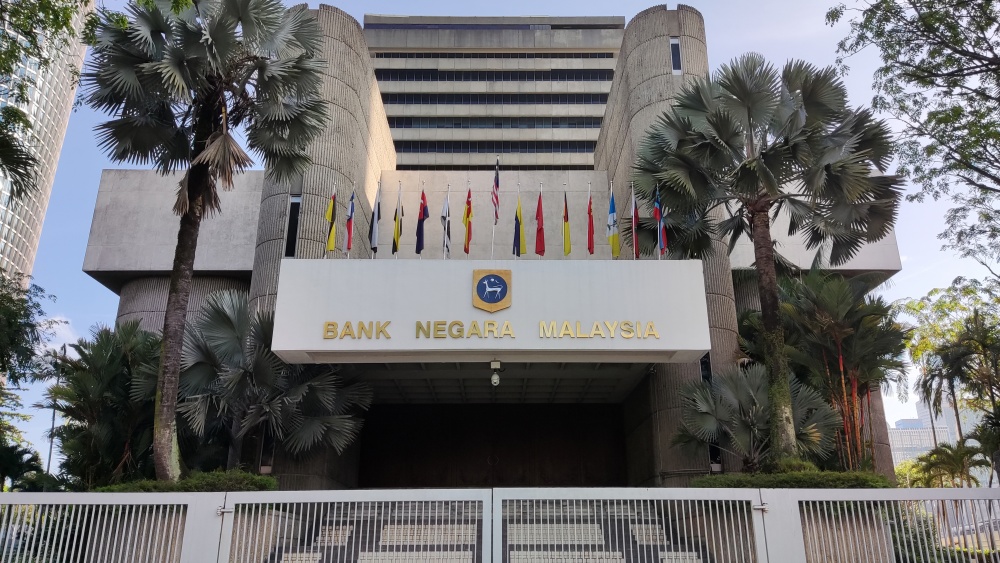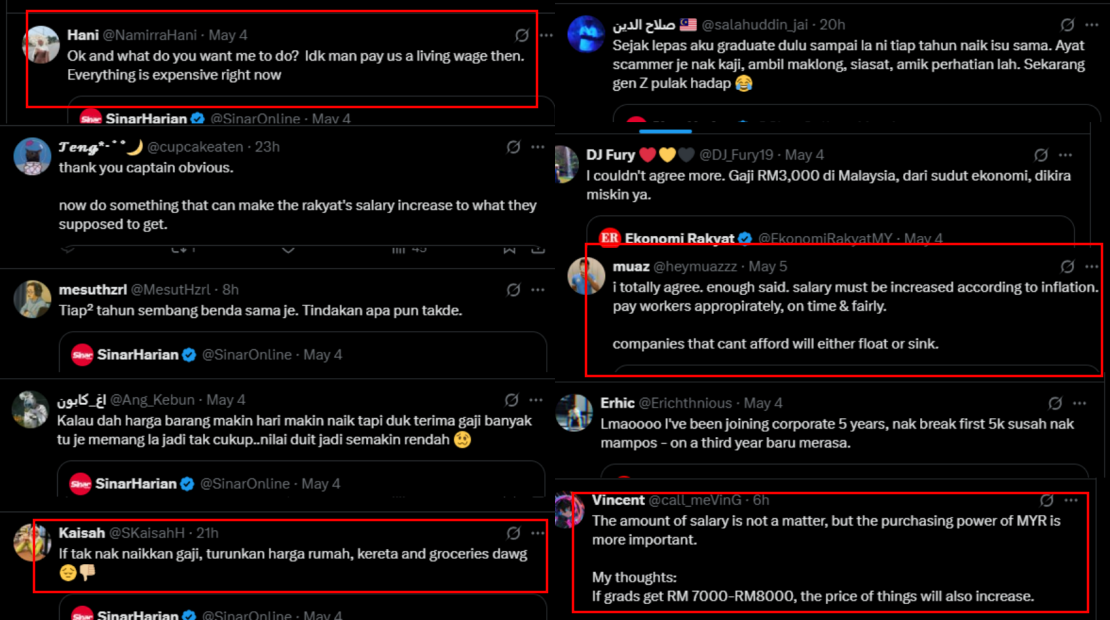In today’s world, many people continue to face financial difficulties, particularly in the aftermath of the Covid-19 pandemic. While there are signs of recovery, we are by no means out of the woods yet. With inflation continuing to rise, it is hardly surprising that people are seeking out more information on the issue.
One key concern is wages. Did you know that today’s fresh graduates are expected to be earning thousands more per month than what many currently do? Exactly how many are we talking about? What can be done? Here’s the full story:

Over the weekend, the former Governor of Bank Negara Malaysia (BNM), Tan Sri Muhammad Ibrahim, issued a statement addressing the ongoing issue of wages falling short of the cost of living. In an interview with Sinar Harian, he first pointed out that fresh graduates today typically earn between RM2,000 and RM3,000 per month, only a modest increase from his own starting salary of RM1,300 back in 1984.
He believes that fresh graduates should be earning about RM7,000 to RM8,000 in this era, when adjusted for a 5% annual inflation rate. “This equates to the purchasing power of RM300 – RM400 in the 1980s. In reality, wages have eroded by at least threefold,” he said. The former governor disclosed that Malaysia has been trapped in a middle-income cycle for years, with stagnant wages attributed to a number of structural issues, including failure to generate high-quality jobs and an outdated education system.

So, how did the public react to the news? While many have long been aware of the issue and were therefore not entirely surprised, netizens expressed frustration at how little has been done to address the problem. Some argued that raising wages would not necessarily lead to improvement, as it could also drive up the cost of living. Others, however, suggested that wages should rise in line with inflation.
Many agreed with Tan Sri Muhammad Ibrahim’s statement while also sharing their struggles to earn their current salaries. The 70-year-old emphasised that Malaysia can reform, citing how other ASEAN countries have developed over the years. Let’s hope something will be done to deal with this issue. What are your thoughts?
Sources: SinarHarian, NST, Twitter (1)(2)







